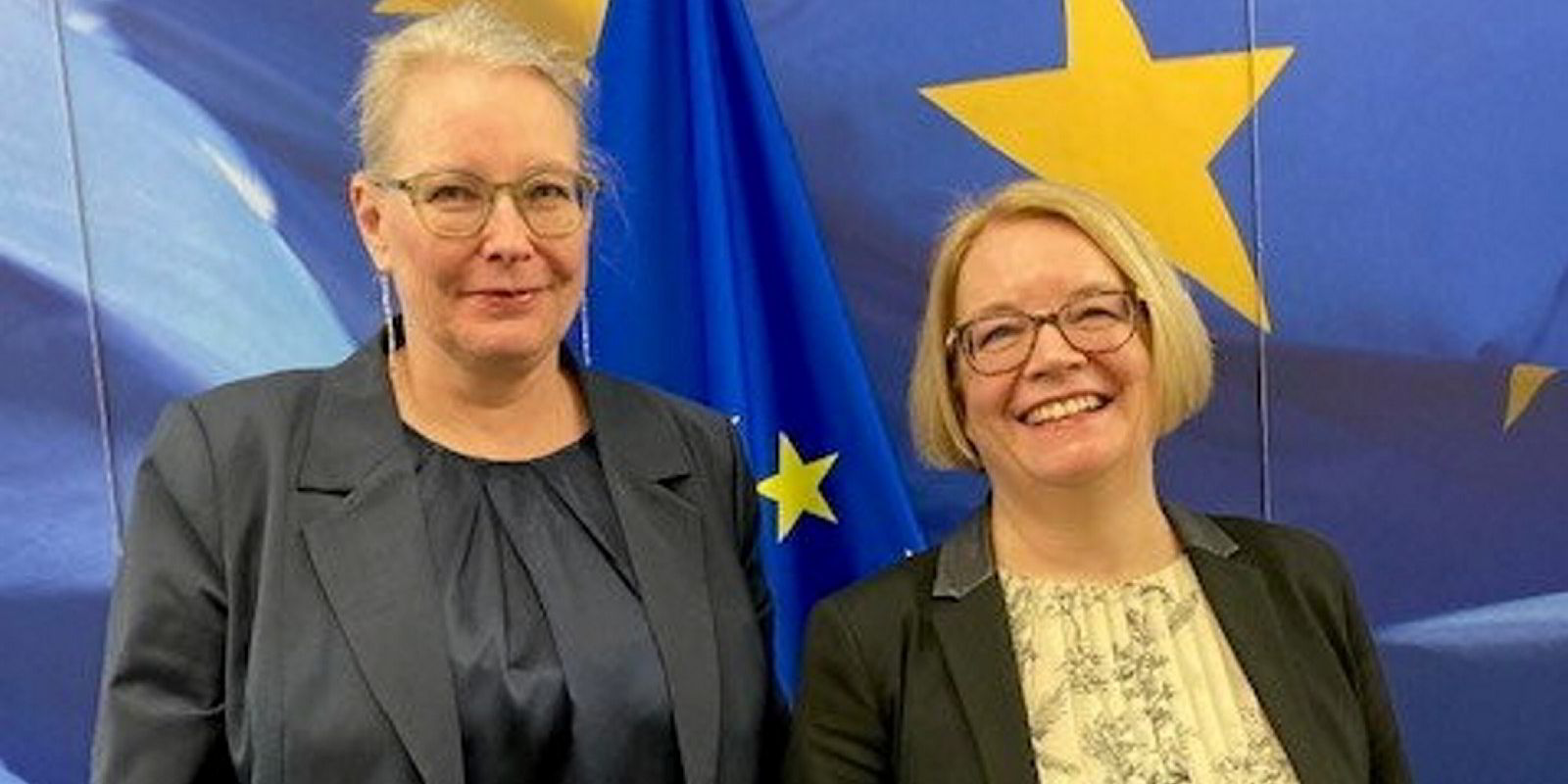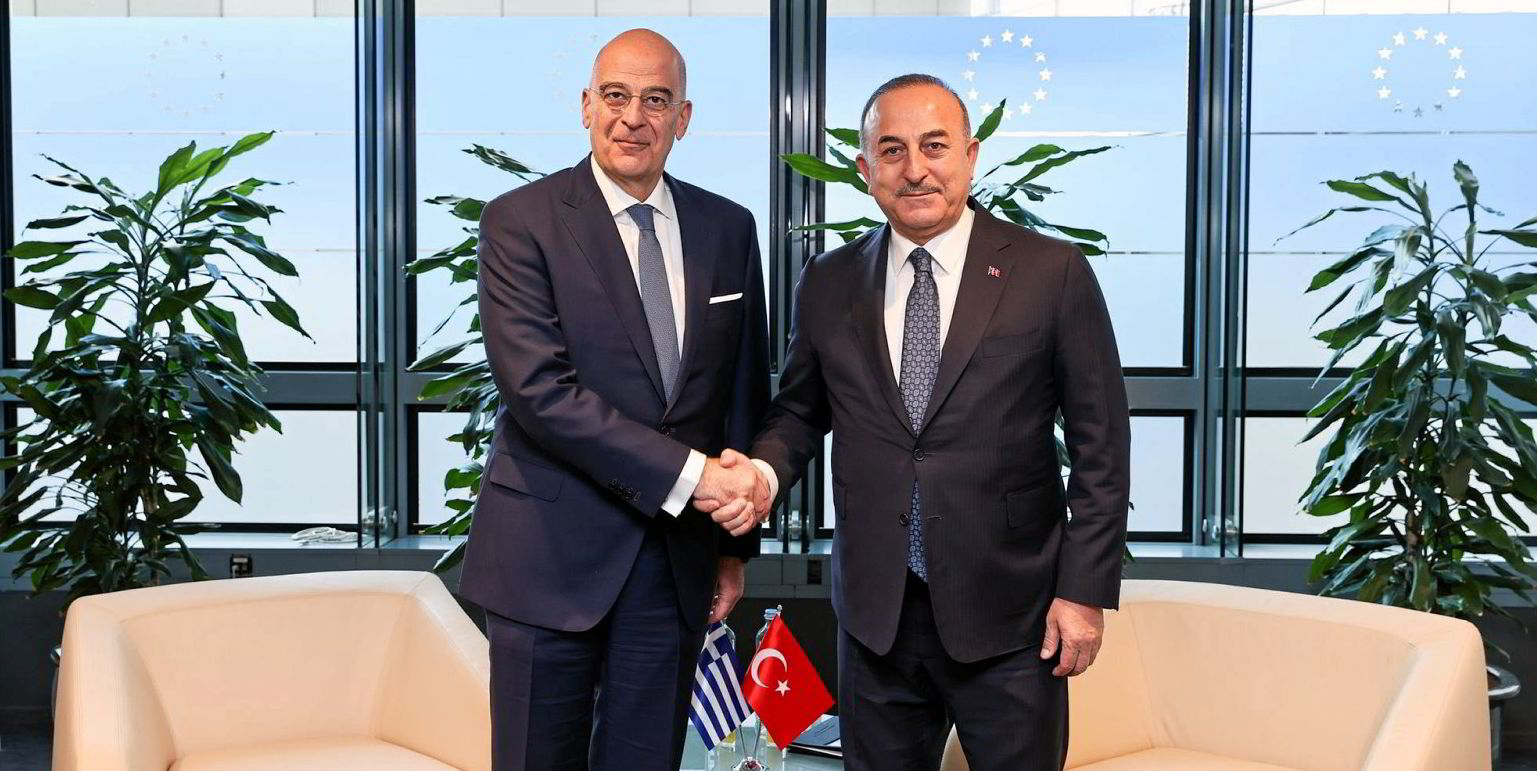Finland’s senior transport official has emerged as one of two late dark-horse candidates who have entered the race to be the next secretary general of the International Maritime Organization.
Minna Kivimaki was joined in the election just before nominations closed last week by Xiaojie Zhang, the Chinese official who is currently director of the IMO’s technical cooperation division.
The nomination of the two candidates from strong IMO players — alongside five others — suggests the election will be more open than expected. Three of the candidates are women.
The 40 member nations on the IMO’s controlling council will vote to choose the successor to South Korea’s Kitack Lim on 18 July at the IMO’s London headquarters.
Among the early favourites are Panama’s Arsenio Dominguez, who is currently director of the IMO’s marine environment division, Turkey’s Suat Hayri Aka and Nancy Karigithu, Kenya’s most senior maritime administrator.
The two other candidates are Moin Uddin Ahmed, Bangladesh’s head of the International Satellite Organisation, and Dominica’s Cleopatra Doumbia-Henry, who is the outgoing head of the World Maritime University in Malmo.
Former Cypriot shipping minister Vassilios Demetriades has not stood, just weeks after his name was put forward as a potential European Union candidate.
The election will pit Europe’s aggressive climate change targets against China, which recently voted against tightening shipping decarbonisation aims.
Kivimaki is Finland’s permanent secretary of the ministry of transport and communications but is not known for having a high profile within the IMO.
The EU has taken an assertive approach to implement tough decarbonisation targets in recent years, challenging other IMO member nations to lift the so-called “ambition level” of targets first agreed in 2018.
IMO members will this summer choose whether to bring the organisation’s rules in line with the Paris climate change agreement, with a target of zero or net zero carbon emissions by 2050.
Chinese President Xi Jinping has set a 2060 decarbonisation target for his country, putting the nation on a collision course with a growing consensus at the IMO.




